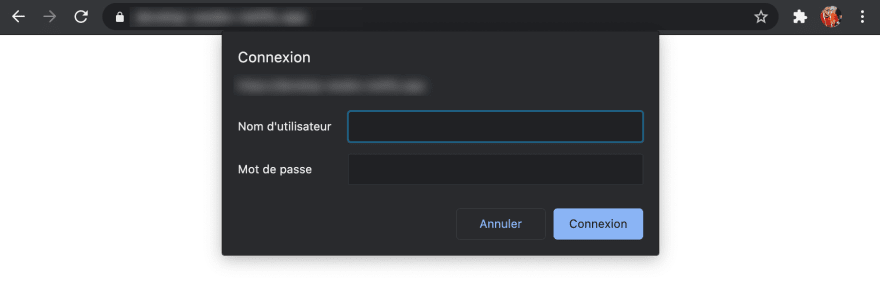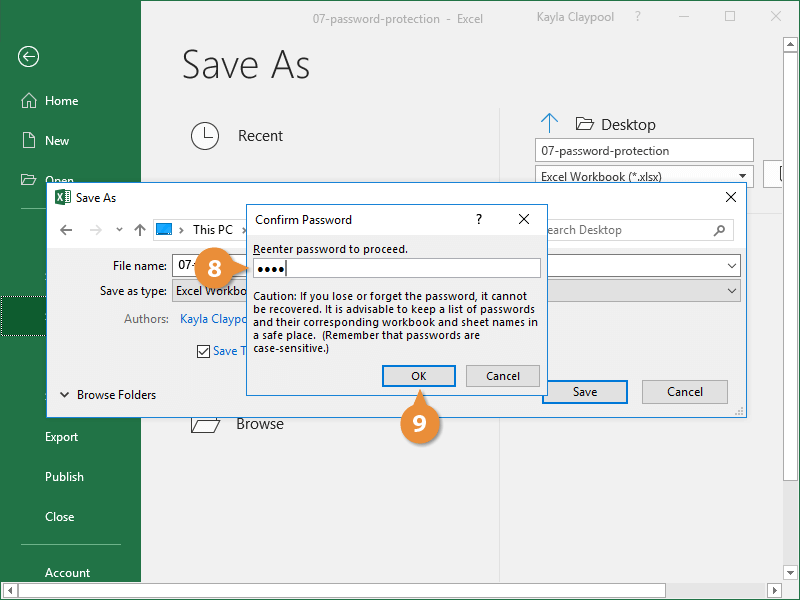
I don't know whether the blog posts are on the front page of the site? If so and you don't want that for your website, you can just create a static front page instead - just create a new page for your blog and then all your posts will be re-directed to that blog page instead of the front page. I don't see what is that confusing about it? If you use WordPress, you will see that you can add either posts or pages to the site and that is what you do if you want a site - add the pages of your site. embedded devices), but supporting pubkeys is vastly more common.If you already have a blog with Wordpress, then it would seem sensible to just add your whole site. There's also devices that don't support SSH certificates (e.g. You can't prove that A is better than B by saying A+B is better than B. Like I said, one does not exclude the other. > that long-held key can even live on a Yubikey if you use U2F/WebAuthn

But if it is, so what? Given physical locks that are unpickable and keys uncopyable, would you rather instead change locks every day, where the keys are copyable? (even if cost of changing locks scales O(1) with price) They could break into your workstation and wait for the screensaver to kick in, and then log in to every single host you have access to, and do their naughty business.įor a hardware key someone has to take a plane from China and break into your house to use your key.ĭoesn't have to be.
#Everweb password protect software
That key cannot be used.Ī software cert-based key may be valid for only hours (if you set it up that way), but that means that there are 7 billion possible attackers who could use your key. When your machine is turned off you know that there's no copy of the key somewhere. When you go do lunch you know that your key did nothing, no matter how compromised your workstation is. SSH CAs improve efficiency and convenience.Ī hardware key that requires touch per login is a game-changer. You cannot work around not having hardware keys. I'm exaggerating when I say "just write a script", but it's not hard. You can work around not having a CA, by distributing keys. I would assume that Latacora is using a SSH CA, and I'm legitimately curious how you approached these challenges.
#Everweb password protect how to
How to make it work with our SCM and random things like a storage appliance and various JunOS devices, which support regular SSH keys, but don't know about SSH certificates? A malicious Chrome extension can now compromise the SSO process, you still need a U2F token (like a YubiKey 4) to properly secure the SSO account, etc. How to authenticate users against the CA? Most solutions I've seen use a longer-lived client-side secret, which is just as susceptible to theft than a regular SSH key, or some sort of OAuth or SAML SSO. How to protect the SSH CA and its key and make it highly available? I don't want to be locked out of my bastion host after something the CA depended on broke and my certificate has just expired. Wouldn't a SSH CA just introduce a whole different kind of complexity?

Provision the keys, replace the old file-based keys via our configuration management tooling, done. There's not a single file-based key left. I recently rolled out YubiKey 4s to my whole organization and it was a painless experience. If you set up an SSH CA, you can issue time-limited short-term credentials that won't sit on your filesystems and backups for all time waiting to leak access to your servers. If you use curve keys, you get a better (bcrypt) format.īefore you contemplate any elaborate new plan to improve the protection of your SSH keys, consider that long-lived SSH credentials are an anti-pattern. At the very least: you might as well just not use passwords if you're going to accept that default. I just think it's batshit that OpenSSH's default is so bad. His argument is that the password is probably more important than what it protects. And SSH is basically doing something close to storing it in plaintext. The argument LVH makes here ("worse than plaintext") is that because you have to type that password regularly, it's apt to be one of those important passwords you keep in your brain's resident set and derive variants of for different applications.

#Everweb password protect crack
Spoiler: the default SSH RSA key format uses straight MD5 to derive the AES key used to encrypt your RSA private key, which means it's lightning fast to crack (it's "salted", if you want to use that term, with a random IV).


 0 kommentar(er)
0 kommentar(er)
